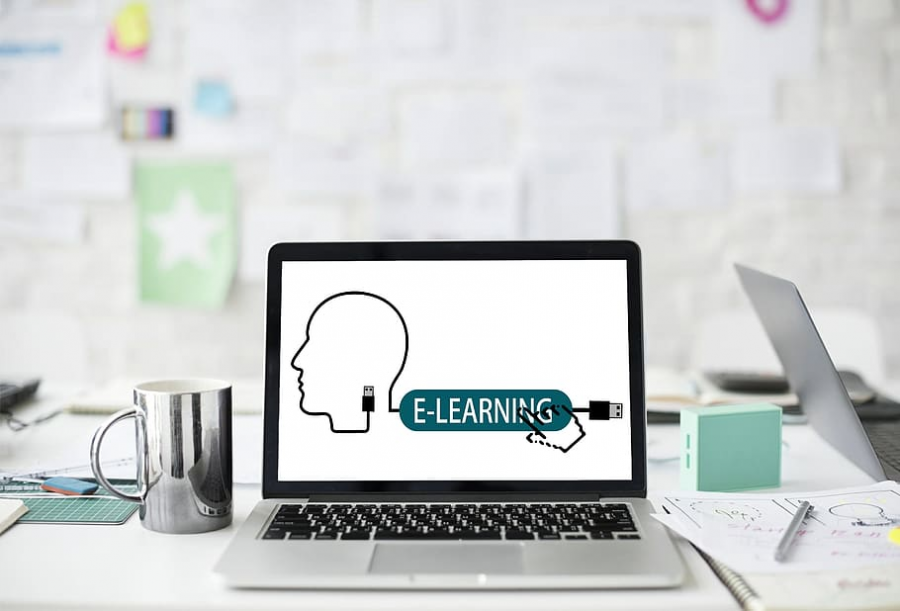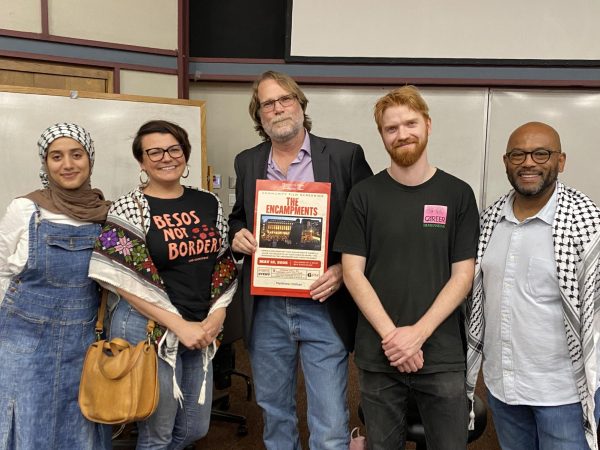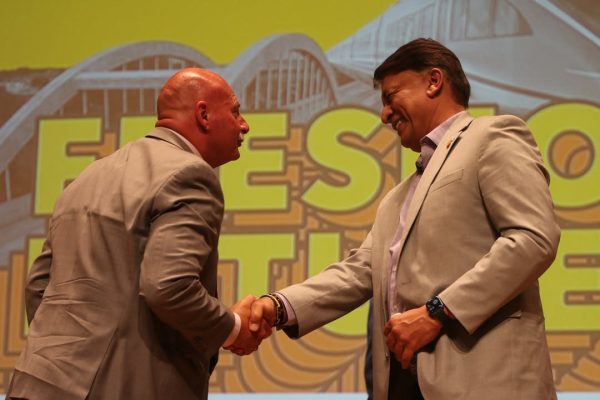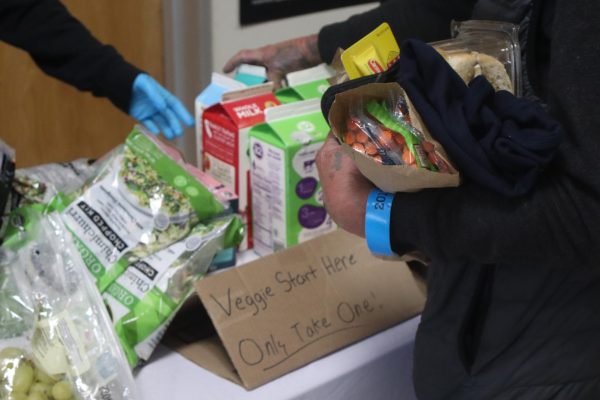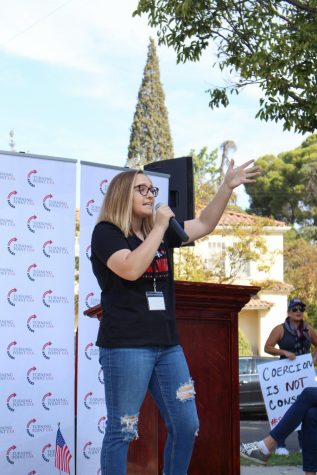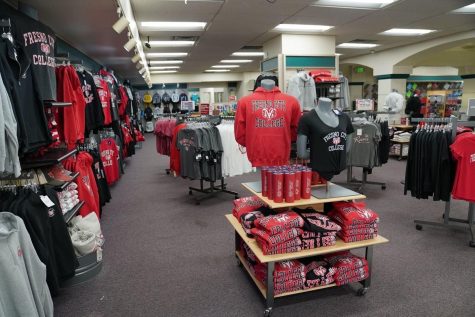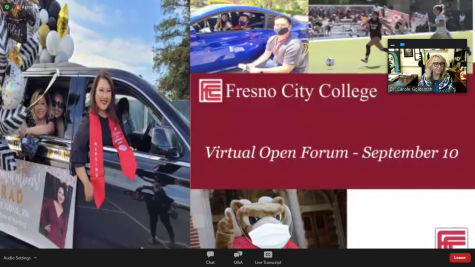COVID-19’s Impact on Different Majors
COVID-19 proved to be more than just a health crisis. As countries have closed down colleges and universities, students have felt the implications. With thousands of employees and students working and studying at home, online conferences are one of the only ways people can communicate and classes with majors that require hand on work have become challenging for some more than others.
An app by the name Zoom has gained popularity and is being used across the world.
According to an article on ‘The Hill’: “Zoom CEO says company reached 200 million daily users in March,” Zoom CEO, Erik Yuan, said the amount of users skyrocketed since the arrival of COVID-19. Around 90,000 schools in 20 countries now use it to teach.
CIT data clerk major, Lawrence Gapasin, says since his major is all through computer software that it wasn’t as challenging having his classes transition online.
However, students whose major involves more hands-on work struggled with the transition of online classes.
“I take some child development classes that require us to visit classrooms and observe younger students but with classes being canceled I’m not getting to work hands on with kids,” said Karla Arredondo, a liberal studies major at Fresno City College. “I feel like teachers aren’t able to give us the same attention and teachings as if they were in their regular classroom environments.”
Do student’s feel they’re getting the help they need from their teachers?
Jaylan Franco, a Psychology major, had mixed opinions about this whole situation.
“I feel that classes are less interactive and adequate as they were before though, I feel like professors are doing their best, I feel that there is less access to resources and help from the college, professors and counselors,” said Franco.
Jenifer Joselyn Lopez Becerra, an accounting major, said she was taking a short term class that started the same day FCC closed down. “It was affected by starting late and because of that my short term class has to be even shorter which means many useful things can’t be taught.”
Becerra receives help from her professor and claims to successfully finish her assignments. “I feel like she is doing everything in her hands for her students to do good under this situation.”
What do professors think?
Rebecca Caraveo, adjunct photography instructor, said her students had a paper and project due the week after she heard FCC was shutting down and she had to push that work to the next week, the same time their final project was due.
“This meant not only did I have to read and grade about 100 essays, but that I had to look at and grade about 1,000 photographs in less than two weeks and recreate their final online, plus teach classes through Zoom and attend Zoom group meetings,” said Caraveo.
Caraveo also mentioned her weekly twelve hours of classes plus grading and prepping time turned into at least 40+ hours a week for her last three weeks of school, but that “the department has been working hard to create a workable plan for students.”
“As a professor, I truly miss the opportunity to see, in person, the details of my students’ work come together as it is in process. On the other hand, studying art is all about creative problem solving,” said Hilary Dildine, an art instructor. “Figuring out how to make artwork from home, with the materials you can get your hands on, is a great creative challenge for the students who choose to accept it.”
As much as art can have inspiration at home, she did mention that only 50% of her students participate. “Many of them have not responded to emails and have not logged on for zoom meetings,“ said Dildine.
So what are counselors doing to help students?
Counselors are making sure they meet students’ needs by working with students on a student education plan (SEP), a document that shows the courses and activities planned to reach their academic goals. As well as staying in contact via email to help those who are facing challenges.
“The ability to complete hands-on lab work is a challenge as well, for programs like automotive, welding, construction, and auto collision repair, but our division dean, Becky Barabe, our instructors, and our administrative support staff have done an incredible job making a very difficult situation more manageable,” said Dean Christensen, Applied Technology Division counselor. “We are separated by physical distance from our students right now, but concern for their academic success is still our top priority.”
COVID-19 has forced many students,professors and counsellors to adjust and adapt to new routines. This has shown positive results as the virus is spreading slower in California more than other states as a result of social distancing and stay-at-home directives.
To help students struggling with the transition, counseling, tutoring and student wellness, FCC students can log into canvas and go to Student Support Hub to set an appointment or visit Transitioning to Online Classes if they need resources such as internet access and accommodation services.
To learn more about the process of classes transitioning online visit the article “How to adapt courses for online learning: A practical guide for faculty.”
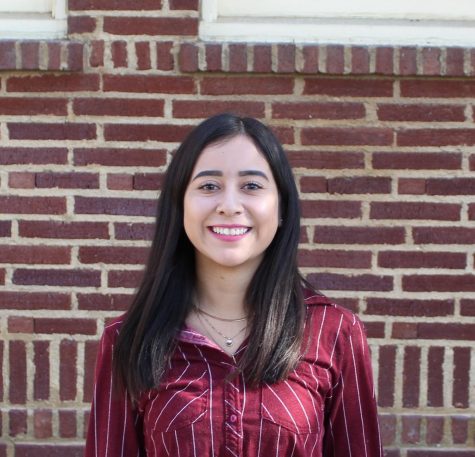
Floritzel Garcia Hernandez is a business administration and management major at Fresno City College. She plans to expand her career to study marketing...

